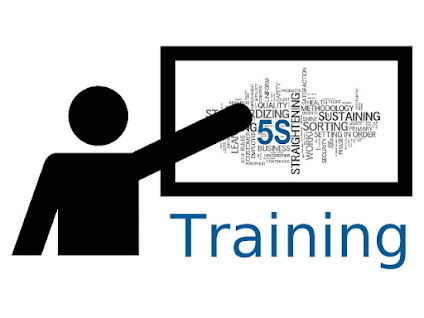5 Benefits of Investing in Process Capability Training
Investing in process capability training can be a great way to improve the efficiency and effectiveness of your business. Process capability training helps employees understand how processes work, why they are important, and what is required for them to be successful. Here are five benefits of investing in process capability training:
Improved Efficiency - Process capabilities allow businesses to operate more efficiently by streamlining operations and eliminating redundant tasks or activities that don’t add value. This leads to cost savings as well as increased productivity throughout the organization, which will lead directly to improved bottom-line results over time.
Increased Productivity – By understanding how processes should flow within an organization, employees can better identify areas where improvement is needed so that resources aren’t wasted on unnecessary steps or activities which could otherwise slow down production times significantly. This leads to higher customer satisfaction rates due to quicker turnarounds on orders with fewer mistakes being made along the way.
Quality Assurance – Investing in process capabilities allows organizations to ensure their products meet quality standards every single time without any deviation from expected performance levels, ensuring customers receive exactly what they paid for with each and every order placed. This is especially important for companies that rely heavily on repeat sales from an existing client base since trust has been established through consistent quality assurance practices across all departments involved in the product development cycle.
Also Read: Hypothesis Training
Reduced Risk - A thorough understanding of processes reduces risk because potential problems become visible early on, allowing managers to take corrective action before issues arise instead of waiting until after damage has already been done. This saves money, time, and reputation while avoiding costly legal entanglements associated with negligence or lack thereof when it comes to meeting safety regulations set forth by governing bodies regarding certain industry standards.
Improved Communication – Understanding how different teams interact during various stages of production makes communication between departments much simpler because everyone knows exactly what needs to be done at any given moment. This leads to smoother transitions among team members, resulting in less confusion overall and allowing projects to get completed faster than ever before, thanks to clear direction provided via effective communication protocols put in place following completion of process capability trainings.




Comments
Post a Comment